Signs of formalin poisoning
Doctor Nguyen Thu Ha - Department of Nutrition and Dietetics - South Saigon International General Hospital (HCMC) said that formalin is often used to produce phenolic resin, melamine formaldehyde resin, urea-formaldehyde glue, disinfectants in hatcheries, ponds, preservatives for human and animal organs used as research samples...
"Formula is a highly toxic substance. When our bodies are exposed to a lot of formaldehyde, it will cause many dangerous complications that affect our health such as pneumonia, gastritis, skin necrosis... and can even cause cancer when exposed for a long time," Dr. Ha emphasized.
Signs of formalin poisoning can be observed as watery eyes, increased salivation, sore throat, dry cough, difficulty breathing; increasing nausea, abdominal cramps, vomiting, vomiting blood, mouth pain, blood in urine; impaired motor coordination, tremors in limbs, unsteady gait; decreased blood pressure, rapid heart rate, loss of consciousness, and even coma.
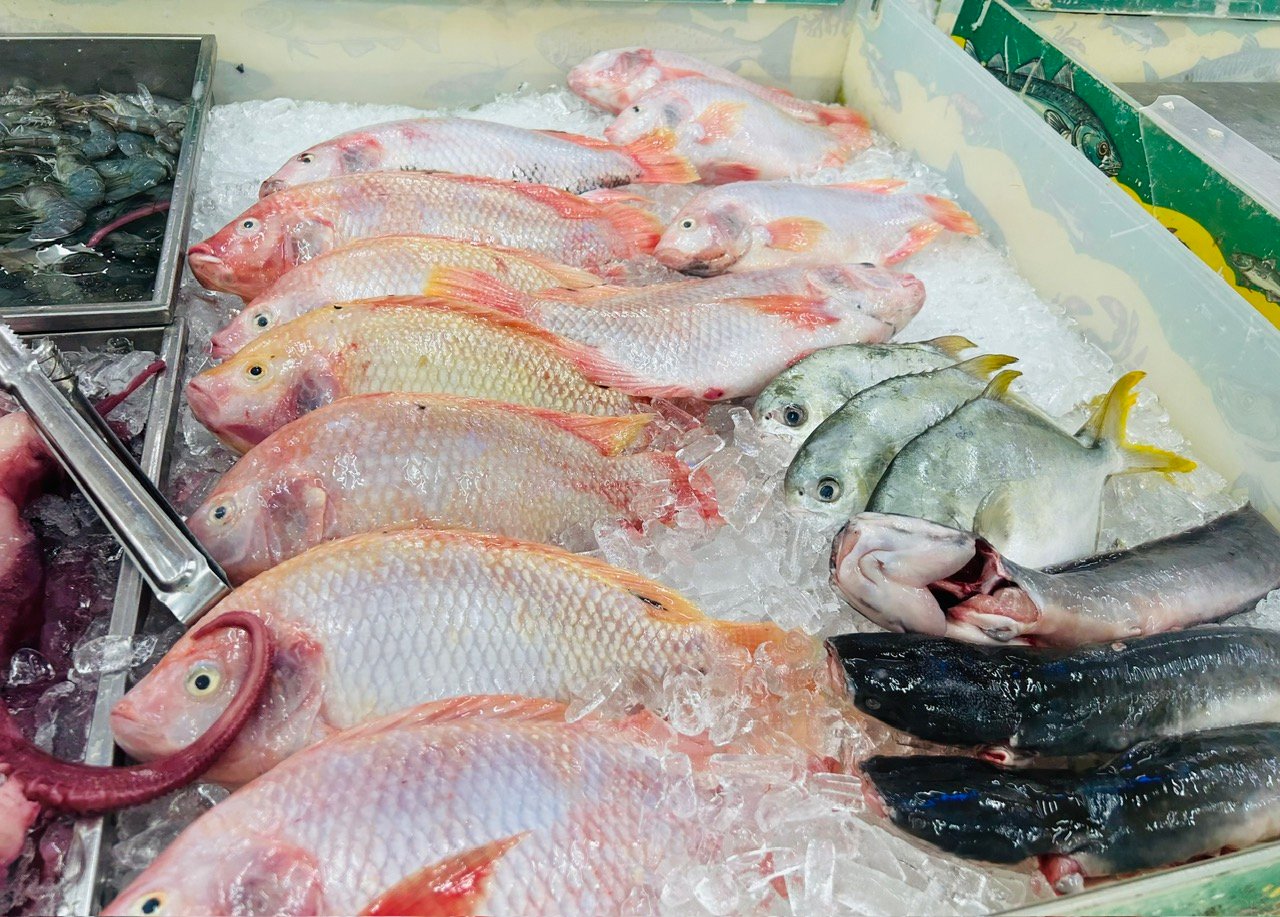
When choosing fish, try pressing lightly on the fish. If it feels soft and elastic, the fish is likely fresh.
Some notes when choosing food
Dr. Ha said it is difficult to detect foods containing formaldehyde with the naked eye. Therefore, when buying food, we should choose fresh foods that are soft to the touch and not dry and hard. There are some points to note as follows:
For fish: When you press lightly on the fish, if it feels soft, has high elasticity, the fish meat is firm, and sticks tightly to the bones, then it is likely that the fish does not contain formalin. You should choose fish with a less slimy body, a characteristic fishy smell, bright red or dark red color, bright, clear and slightly convex eyes. Fish is stored at cold temperatures with ice or in a refrigerator.
Do not choose fish that have gills that are no longer bright red or dark red, soft, loose meat that does not stick to the bones, an intact belly, easily peeling scales, and an unusual fishy smell.
For shrimp, squid, octopus : Choose fresh ones that are preserved in ice, have little slime, are whole, and have their heads tightly attached to their bodies; feel naturally tight when touched, and have high elasticity; have a characteristic fishy smell, and no strange smells (such as urine, acrid, or foul odors, etc.). For squid and octopus, the eyes are still clear and slightly bulging. Do not buy seafood that looks fresh on the outside but is soft, mushy, and has poor elasticity when touched. When cooked, the meat is mushy and lacks the characteristic sweetness and aroma.
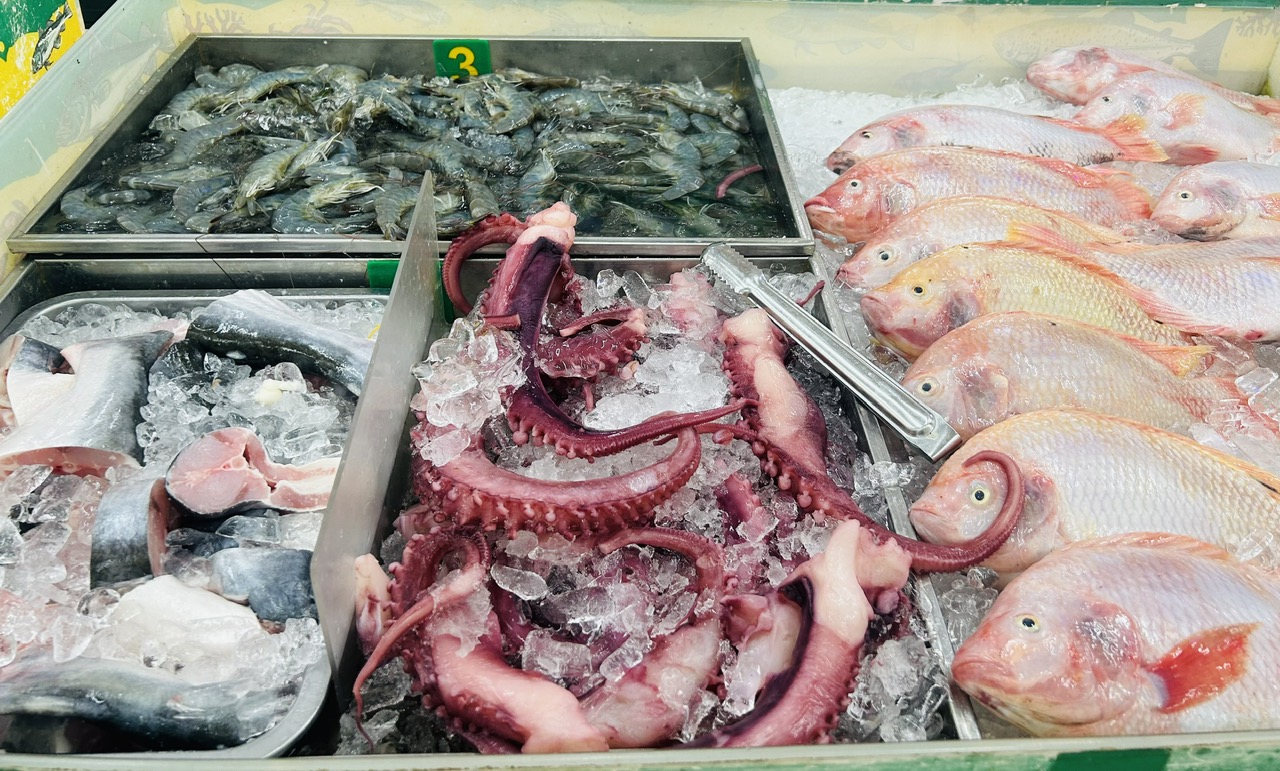
For shrimp, squid, and octopus, choose fresh ones that are preserved in ice, have little slime, are whole, and have their heads tightly attached to their bodies.
With vermicelli and pho noodles : If vermicelli and pho noodles do not contain formalin, when you touch the vermicelli or pho noodles, they will be a bit crumbly, easily broken, and will feel a bit sticky and soft. When they contain formalin, the noodles will be more chewy and crispy, difficult to break, will not feel sticky when touched, and will not have the mild sour smell of soaked rice...
"In addition, you should wash food thoroughly under running water because formalin dissolves in water, so it helps to limit it somewhat. It should be noted that formalin is also formed when grilling or smoking food... so limit the consumption of pre-grilled or smoked foods," Dr. Ha noted.
3.2 tons of anchovy fish containing formalin were discovered.
As Thanh Nien Online reported, on October 17, information from the Thanh Hoa Market Management Department said that at about 1:00 a.m. on the same day, the forces of Market Management Team No. 10 (under the Thanh Hoa Market Management Department) coordinated with the Economic Police Department of Thanh Hoa Provincial Police to inspect and discovered a truck pulling a trailer carrying a large quantity of anchovies of unknown origin.
During the inspection, the authorities discovered that the vehicle was carrying many foam boxes containing anchovies, totaling about 3.2 tons.
The authorities conducted a quick test and discovered formalin in the foam boxes containing anchovies. At the time of the inspection, the driver was unable to present any documents of origin for the product.
The authorities have drawn up a record of the incident and temporarily detained all 3.2 tons of anchovy fish to continue verifying, clarifying and handling according to the provisions of law.
Source link



![[Photo] President Luong Cuong receives President of the Cuban National Assembly Esteban Lazo Hernandez](https://vphoto.vietnam.vn/thumb/1200x675/vietnam/resource/IMAGE/2025/9/30/4d38932911c24f6ea1936252bd5427fa)
![[Photo] Panorama of the cable-stayed bridge, the final bottleneck of the Ben Luc-Long Thanh expressway](https://vphoto.vietnam.vn/thumb/1200x675/vietnam/resource/IMAGE/2025/9/30/391fdf21025541d6b2f092e49a17243f)
![[Photo] Solemn opening of the 12th Military Party Congress for the 2025-2030 term](https://vphoto.vietnam.vn/thumb/1200x675/vietnam/resource/IMAGE/2025/9/30/2cd383b3130d41a1a4b5ace0d5eb989d)
![[Photo] General Secretary To Lam, Secretary of the Central Military Commission attends the 12th Party Congress of the Army](https://vphoto.vietnam.vn/thumb/1200x675/vietnam/resource/IMAGE/2025/9/30/9b63aaa37ddb472ead84e3870a8ae825)
![[Photo] The 1st Congress of Phu Tho Provincial Party Committee, term 2025-2030](https://vphoto.vietnam.vn/thumb/1200x675/vietnam/resource/IMAGE/2025/9/30/1507da06216649bba8a1ce6251816820)

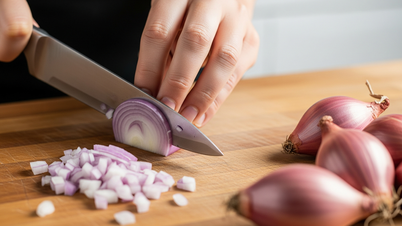






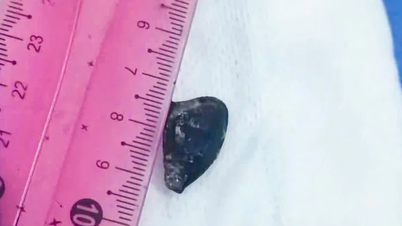
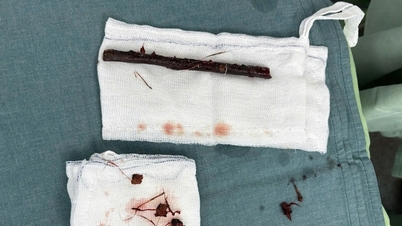




























































![[Infographic] Key tasks in the 2025-2030 term of Dong Nai province](https://vphoto.vietnam.vn/thumb/402x226/vietnam/resource/IMAGE/2025/9/30/59bd43f4437a483099313af036fef0db)
























Comment (0)